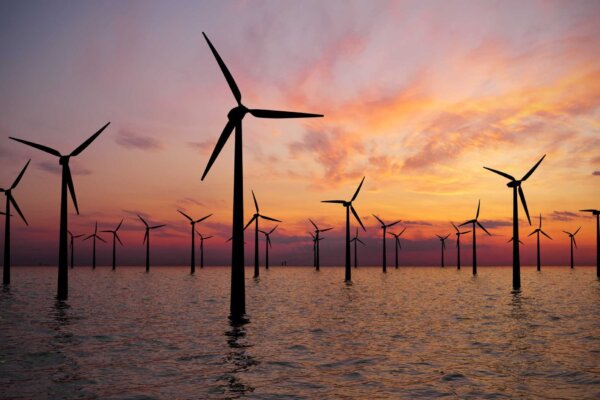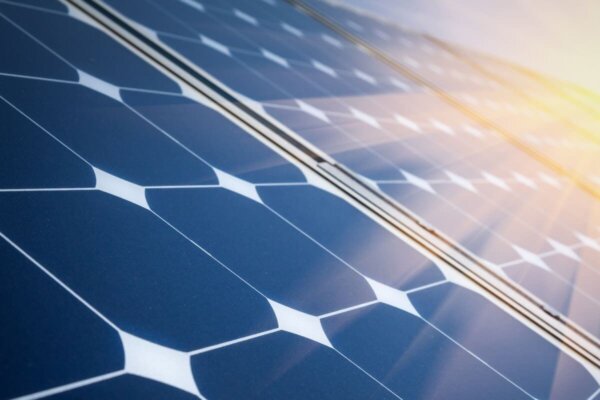CPPAs are not for everyone, and that’s okay! Whilst CPPAs can be a key part of a sustainability strategy, it can be difficult to align the needs of your business with the right renewable generation project. For organisations who are thinking about a CPPA, thorough consideration and preparation early on can make a real difference in successfully agreeing one. Here are some things to consider if you’re thinking about a CPPA for your business.
A CPPA provides a long-term revenue stream for the generation project, so the financial strength of the business is key. To agree one, you will need either an investment grade credit rating, subject to the provider’s thresholds, and/or the ability to post collateral (such as a bank guarantee). It’s also important to consider the credit standing of the project and the business managing the agreement between the generator and customer to ensure success.
- Annual electricity consumption
CPPAs can be offered to a range of customers. They may suit businesses that have an annual electricity consumption of at least 20GWh+, and should typically provide you with approximately 50% of your required volume, to ensure you retain the ability to hedge against any usage change and market movements.
It may be possible to arrange CPPAs for businesses with smaller energy consumption through ‘baskets’, especially if they are looking to be contracted with an existing asset. ‘Basket’ CPPAs contain multiple smaller organisations contracted with one renewable energy generator and can allow smaller businesses to successfully establish a CPPA, collectively.
There are a few things to consider within your organisation when looking into a CPPA. You’ll need to consider how a CPPA may align with your wider energy and decarbonisation strategies, and how this may fit into any existing electricity supply contracts you have. Additionally, choosing a CPPA should ideally be agreed at a decision-maker, even board level, as early as possible, to ensure a smooth procurement process.


